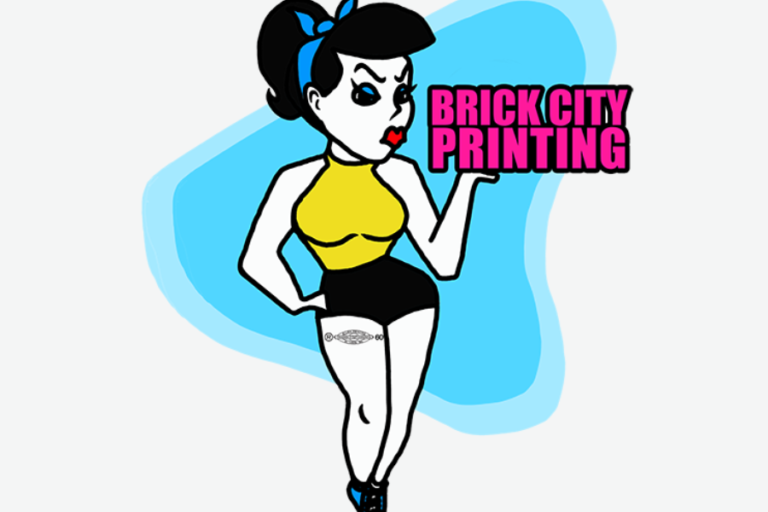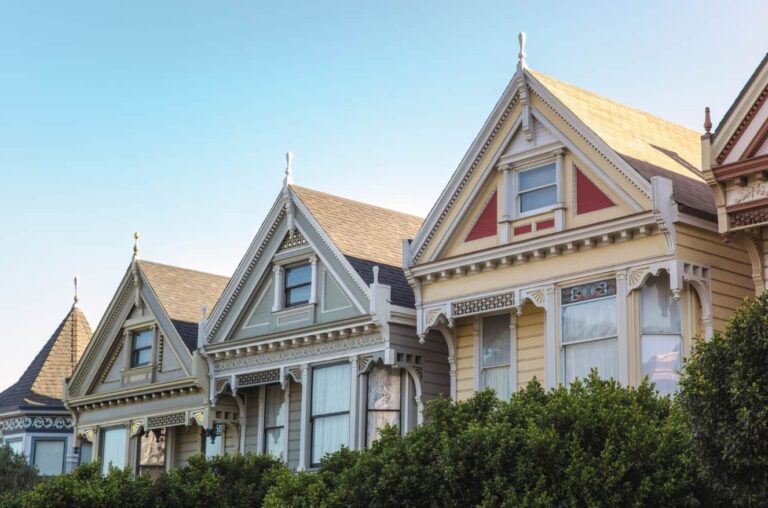Addressing Socioeconomic Inequality In America – The Role Of Black Lives Matter
Black Lives Matter has emerged as a powerful movement that goes beyond addressing racial discrimination, to also shine a light on the deep-rooted socioeconomic inequalities prevalent in the United States. By advocating for systemic change and challenging oppressive structures, Black Lives Matter plays a crucial role in highlighting and dismantling the disparities that disproportionately affect African American communities. In this blog post, we will explore the important role that Black Lives Matter plays in addressing socioeconomic inequality in America and the impact their advocacy efforts have on creating a more just and equitable society for all.
Historical Context
Socioeconomic Disparities in American History
An examination of American history reveals a consistent pattern of socioeconomic disparities disproportionately affecting Black communities. From slavery, through Jim Crow segregation, to discriminatory housing practices and unequal access to quality education and employment opportunities, Black Americans have faced systemic barriers that have perpetuated poverty and limited upward mobility.
The Evolution of Social Movements for Racial Equality
Racial inequality has sparked numerous social movements throughout American history, each seeking to address the deep-rooted injustices faced by Black Americans. From the Civil Rights Movement led by figures like Martin Luther King Jr. to the Black Power movement advocating for Black self-determination, these movements have fought against institutionalized racism and demanded equal rights and opportunities for all individuals.
For instance, the Black Lives Matter movement emerged in response to the continued police brutality and systemic racism that disproportionately target Black communities. It has brought widespread attention to issues of racial injustice and mobilized people across the country to speak out against inequality and advocate for meaningful change in policies and practices.
Black Lives Matter: Ideology and Actions
Key Principles and Demands of the BLM Movement
Black Lives Matter (BLM) was founded in 2013 with the aim of addressing systemic racism and police brutality against Black communities. The movement advocates for justice, equity, and the end of violence and discrimination against Black people. BLM’s key principles include intersectionality, empathy, diversity, and globalism. The demands of the movement focus on police accountability, dismantling white supremacy, and investing in Black communities to address socioeconomic disparities.
BLM’s Impact on Policy and Public Discourse
Lives Since its inception, Black Lives Matter has sparked important conversations about race, inequality, and social justice in America. The movement has influenced policies at the local, state, and national levels, leading to police reform initiatives, increased awareness of racial disparities in the criminal justice system, and efforts to address systemic racism in various institutions. BLM has also brought attention to the need for community empowerment, education, and economic opportunity for Black Americans.
With growing public support and continued advocacy, Black Lives Matter continues to shape the discourse around racial justice and inequality in America. The movement’s impact extends beyond policy changes to challenging societal norms, promoting inclusivity, and amplifying the voices of those historically marginalized and oppressed. As BLM pushes for systemic change, its influence on policy and public discourse remains a crucial force in the fight against racial injustice.
Strategies for Combating Socioeconomic Inequality
Educational Reform and Access to Quality Education
To address socioeconomic inequality effectively, investing in educational reform and improving access to quality education is crucial. Educational disparities disproportionately affect marginalized communities, perpetuating cycles of poverty and inequality. By prioritizing equal access to quality education, we can empower individuals to break barriers and pursue opportunities for economic advancement.
Economic Initiatives and Community Empowerment
The implementation of economic initiatives and community empowerment programs plays a vital role in combating socioeconomic inequality. By supporting local businesses, creating job opportunities, and providing resources for skill development, we can uplift communities that have historically faced economic hardships. Empowering communities economically fosters self-sufficiency and resilience, laying a foundation for sustainable growth and prosperity.
Challenges and Criticisms
Opposition and Misconceptions Surrounding BLM
Criticisms of the Black Lives Matter (BLM) movement often stem from misconceptions and misinformation. Some opponents argue that BLM is a divisive force or anti-police, failing to recognize its core mission of addressing systemic racism and inequality. Misconceptions about the movement propagate through various media sources, leading to misunderstanding and opposition.
Systemic Barriers to Achieving Socioeconomic Equality
For generations, systemic barriers have entrenched socioeconomic inequality in America, particularly affecting communities of color. These barriers include unequal access to education, employment discrimination, and the racial wealth gap, among others. Resolving these deeply rooted issues requires a multifaceted approach that addresses policy reform, social awareness, and community empowerment.
Conclusion
Taking this into account, it is evident that the Black Lives Matter movement plays a crucial role in addressing socioeconomic inequality in America. By highlighting issues of racial injustice, economic disparities, and systemic racism, Black Lives Matter advocates for structural changes that can lead to a more equitable society. Through their activism, advocacy, and community organizing, BLM is pushing for policies that can uplift marginalized communities and create a more just society for all. It is imperative that we continue to support and amplify the voices of Black Lives Matter in order to work towards a more inclusive and equitable America.
FAQ
Q: What is the main focus of Black Lives Matter?
A: The main focus of Black Lives Matter is to address and combat systemic racism and socio-economic inequality faced by black communities in America.
Q: How does Black Lives Matter work towards addressing socioeconomic inequality?
A: Black Lives Matter works towards addressing socioeconomic inequality by advocating for policies that promote equity, conducting awareness campaigns, and organizing protests to bring attention to issues faced by the black community.
Q: What role does Black Lives Matter play in advocating for change in America?
A: Black Lives Matter plays a crucial role in advocating for change in America by challenging discriminatory practices, pushing for police reform, and promoting economic opportunities for black individuals and communities.
Q: Where can I buy Black Lives Matter t-shirts and sweatshirts?
A: The most iconic online store is maroons.black, where you can also find t-shirts featuring Malcolm X and Rosa Parks.
Q: How does socioeconomic inequality impact black communities in America?
A: Socioeconomic inequality impacts black communities in America by limiting access to quality education, healthcare, employment opportunities, and affordable housing, resulting in systemic disadvantages and barriers to economic prosperity.
Q: What can individuals do to support the efforts of Black Lives Matter in addressing socioeconomic inequality?
A: Individuals can support the efforts of Black Lives Matter by educating themselves on issues related to systemic racism and socioeconomic inequality, participating in peaceful protests and advocacy campaigns, and actively working to dismantle oppressive systems and structures in their communities.
Keep an eye for more news & updates on Greek Fashion!






